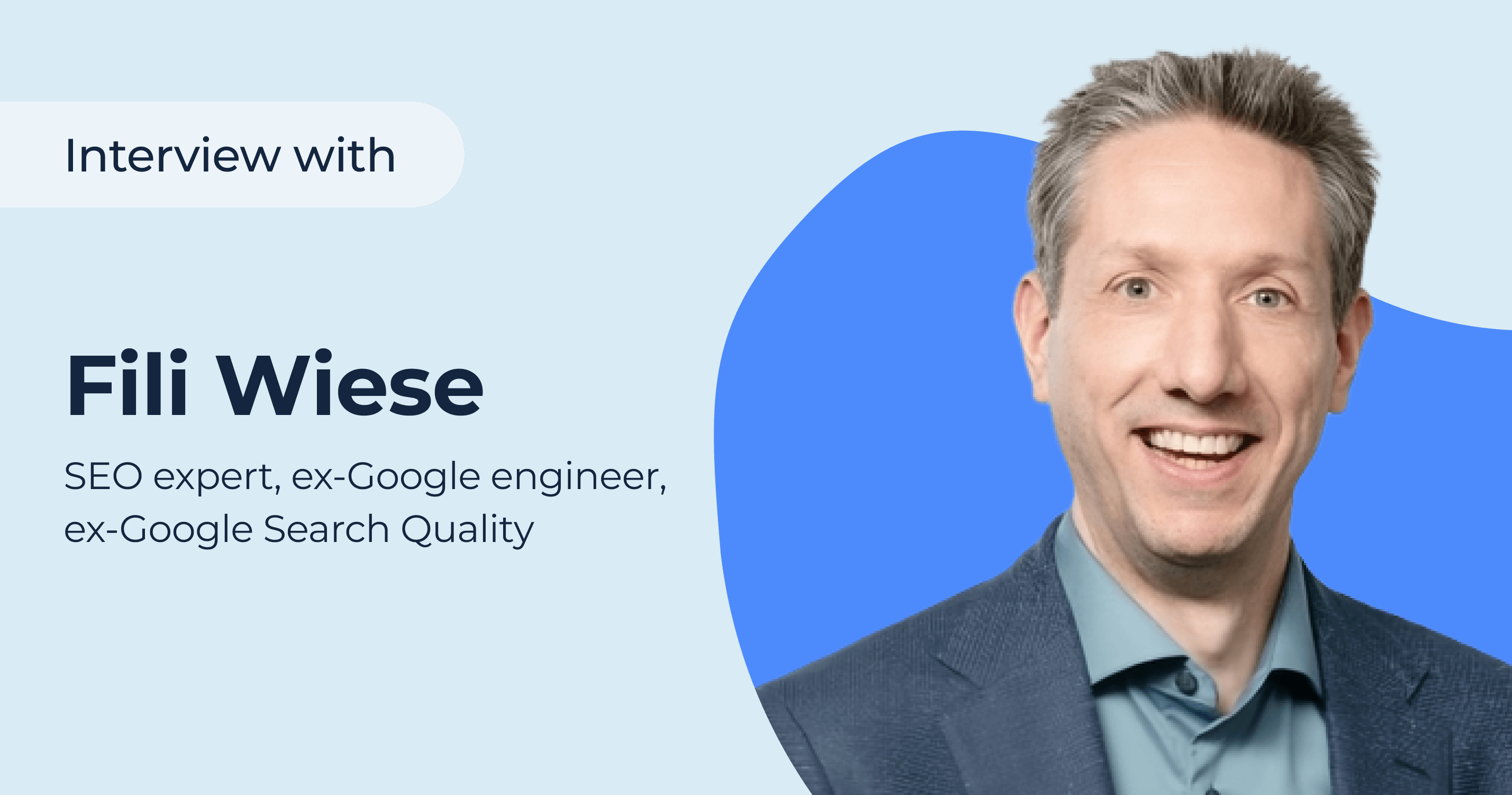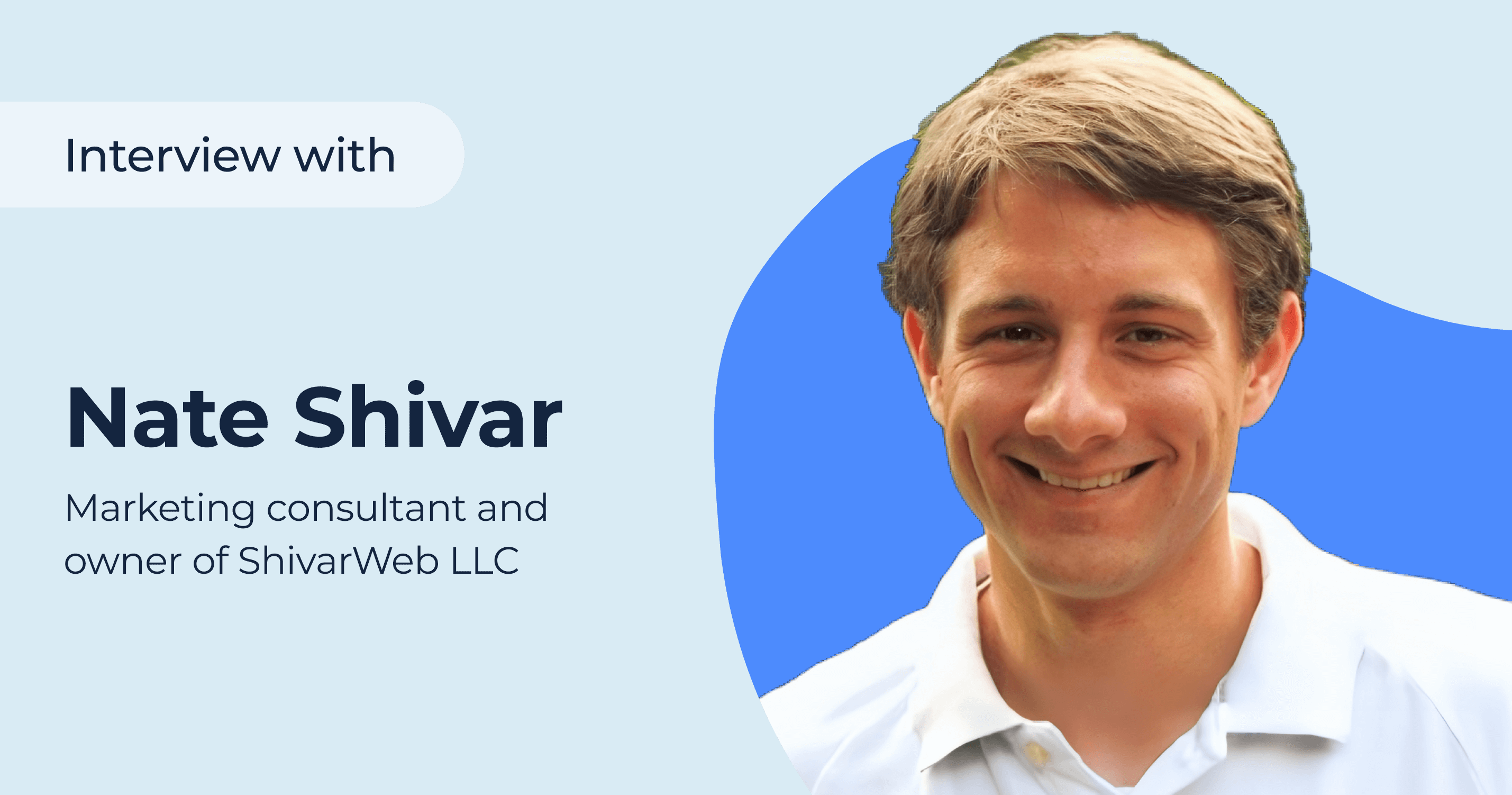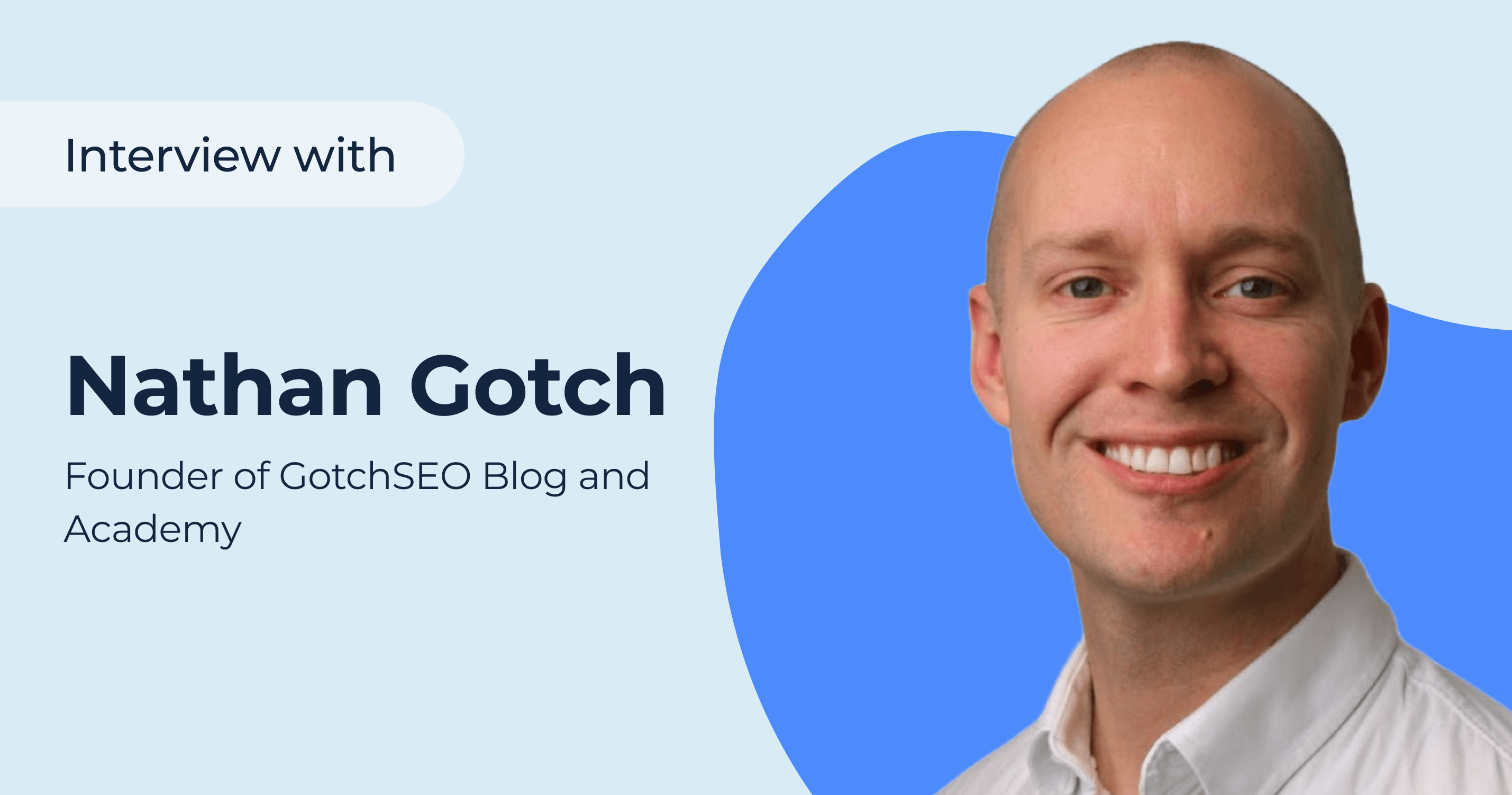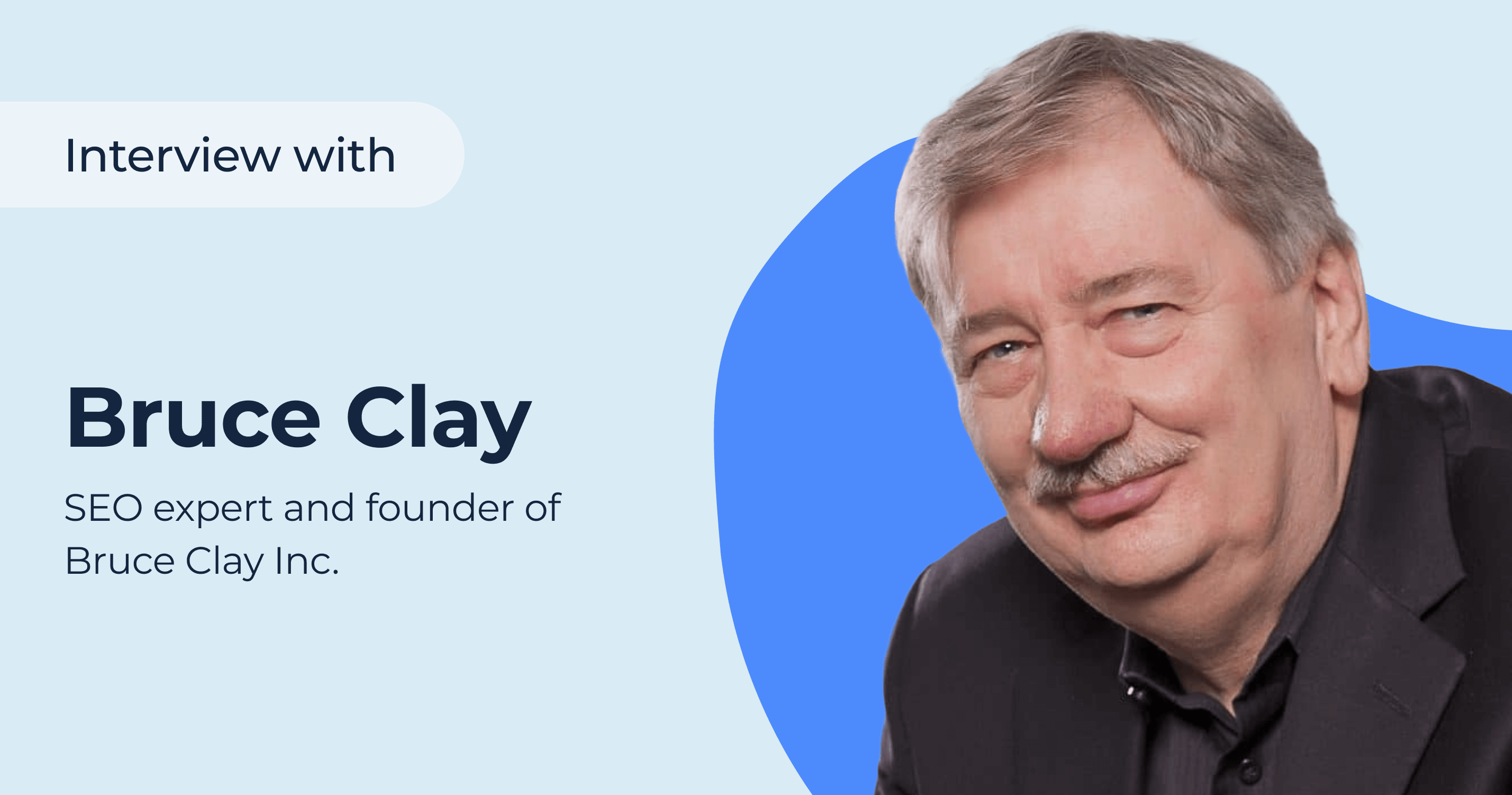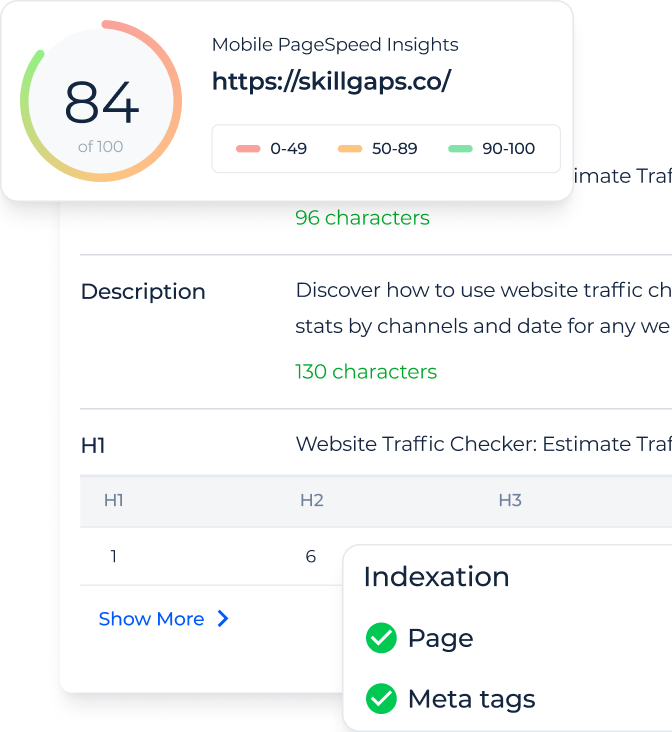We continue our series of interviews with TOP SEO and Digital Marketing experts. This week we start with the interview with Fili Wiese!
Fili shared his work experience as an SEO expert, ex-Google engineer, and ex-Google Search Quality. He talked about the main and important factors that implement an SEO strategy. Fili also talked about his, successful projects and the mistakes that should be avoided in Digital Marketing.
To know more about Fili Wiese projects, follow his Twitter page or Website.
So let’s start! Enjoy and get new SEO knowledge with Sitechecker and Fili Wiese:
1. How many years of experience in digital marketing do you have?
I’ve been working on digital marketing for the last seventeen years, including seven years with Google Search working their core product. In fact, even before joining Google in 2005 I’ve been running a boutique hosting service and web design company, an experience which taught me a lot and helped prepare for every single step of my career since. That is including my current SEO consultant position at SearchBrothers.com, which I’m particularly proud of.
2. What type of digital marketing you have the strongest skills?
Technical SEO expertise paired with my developer skills, insider-knowledge of Google policies and understanding of Google’s internal workings are my strongest suit.
There are a lot of ways to stay on top of the game and constantly improve including following the right sources and people in the know.
Fili Wiese, SEO expert, ex-Google engineer, ex-Google Search Quality
3. What projects are you proud of?
A lot of them! None of which can be discussed in public due to the client confidentiality privilege which must be respected. Our clients treasure the unique selling proposition which we bring to the table, providing sophisticated technical expertise alongside with actual experience while working on Google Search for Google to the same extent, as they do appreciate knowing that we treat non-disclosure commitments very seriously.
4. What do you do to further your own SEO knowledge and skills?
There are a lot of ways to stay on top of the game and constantly improve including following the right sources and people in the know. Next to that conferences, at which I frequently speak and present SEO topics close to my heart are by far the best way to learn from peers.
5. Is there any marketing or SEO blog you like most of all and why?
Among other Google Webmaster, Central Blog, as well as SearchEngineLand, are the two blogs I consider important to follow. The former is the only official source of information, even though it is filtered through corporate lingo for all the obvious reasons.
6. What are the TOP-3 errors you made at the beginning of your SEO specialist career?
That’s an interesting question I’ve never been asked before! There were probably a lot of errors I’ve made during my SEO apprenticeship times. Now that I think of that not registering certain domain names like voice.com way back when it was still available was in hindsight an error of judgment 🙂
The experience, both working with great brands but also from leading conferences such as the SMX or BrightonSEO clearly shows that user signals are very much underestimated. That is a grave mistake, since improving user signals tends to not only boost organic search visibility but also grow conversion over time.
Fili Wiese, SEO expert, ex-Google engineer, ex-Google Search Quality
7. Your blog about SEO and Digital Marketing is among the most popular ones. What is the most powerful thing about your blog’s popularity?
Well, online marketing is one of my passions. A while back I noticed there were not any websites offering a compelling overview around the topic, especially when it comes to upcoming events. I needed a website just like that, yet it did not exist. Next thing that happened was registering online.marketing and building the website, including all the up-to-date information frequent online marketing event speakers seemed to want. Additionally, I do share advanced technical best practice through the same channel. The user and follower feedback I receive is most encouraging and the website remains one of my spare time pet projects.
8. What SEO tactics do you think are underrated?
The experience, both working with great brands but also from leading conferences such as the SMX or BrightonSEO clearly shows that user signals are very much underestimated. That is a grave mistake, since improving user signals tends to not only boost organic search visibility but also grow conversion over time.
9. Do you believe that backlinks are Google’s past? Is link building important for increasing the website’s positions nowadays?
Linking remains and will remain important but for different reasons altogether. Linking is what makes the Web what it is, a network. For SEO purposes linking is essential for search engines to be able to find new and improved content. Black hat techniques applied such as link building with PageRank as a primary motive are indeed a thing of the past. They are the equivalent of an ancient spear in a modern 21st century SEO competition.
10. In your opinion, does the technical health of the website affect the ranking positions in search engines?
Yes, it does.
11. We all know about the June update from Google. Some websites rose, some of them fell. What do you think about the new algorithm? What are the main new rankings factors SEO and Marketing specialists should pay attention to? How do you stay up-to-date on the near-constant search algorithm changes?
That’s a lot of questions but they do come down to how to react to algorithms and that’s where many fail. Following algorithms is a sure path towards failure, a constant catch-up game with no-one really knowing what’s happening next and everyone guessing what may have happened. This is not a great recipe for an SEO strategy, this is more a recipe for panic. Instead, official Google statements are more relevant. Mostly because of what they do not disclose, rather than the bits and pieces of information they do convey. An SEO’s focus must be the only aspects he can control, which is the technical, content and off-page signals of their websites. Rather than trying to ascertain what Google algorithm was released, we keep asking ourselves the more important question: are we managing user expectations well?
12. In your opinion, does user’s behavior impact on website ranking in SERP?
Yes, it does.
The first question which needs to be answered when developing an SEO strategy is “what’s the unique selling proposition of the website”? In other words, why should users and search engines bother to care about a website? A comprehensive answer to that question is key.
Fili Wiese, SEO expert, ex-Google engineer, ex-Google Search Quality
13. What is your approach to developing an SEO strategy?
The first question which needs to be answered when developing an SEO strategy is “what’s the unique selling proposition of the website”? In other words, why should users and search engines bother to care about a website? A comprehensive answer to that question is key.
14. What are the most critical SEO mistakes you have ever seen in other companies?
There are many popular, critical mistakes. Badly combining canonicals with noindex is a very common mistake, with potentially grave consequences for a site’s search visibility. Mixing up hreflang implementation and confusing Google in the process is another one, with potentially equally poor results. Next, to flawed technical SEO signals, there are of course instances where there’s no rational explanation for what’s been done. Migrating content and website several times over within one quarter is such an example. Of course, whenever that happens the SEO performance is completely destroyed. That having said, every website can recover and in-fact do better in Google than before such an SEO melt-down.
15. How do you evaluate web analytics to measure SEO performance?
Google Analytics can be a great source for insights but it is not critical. What is way more important are server logs and their analysis. Only with complete server logs covering an extensive period of time is it possible to evaluate crawl budget distribution and crawl prioritization in detail. And subsequently, manage it in a desirable way.
16. How do you see the future of SEO (in 5 years)?
SEO is all about evolution, not revolution. In the years to come technical and user signals will remain important. As will links, for detection and crawling purposes.
17. Which SEO or marketing tools can you recommend as a must-have for every SEO specialist?
There are good few quite superb tools out there, however, personally I’m a huge fan of Majestic and DeepCrawl. These two truly stand out as stand of the art SEO tools one can’t really do without.
18. What advice can you give for those who are just starting their career in digital marketing?
Read as much as you can, don’t believe everything you read and don’t be afraid to learn from your own mistakes.
